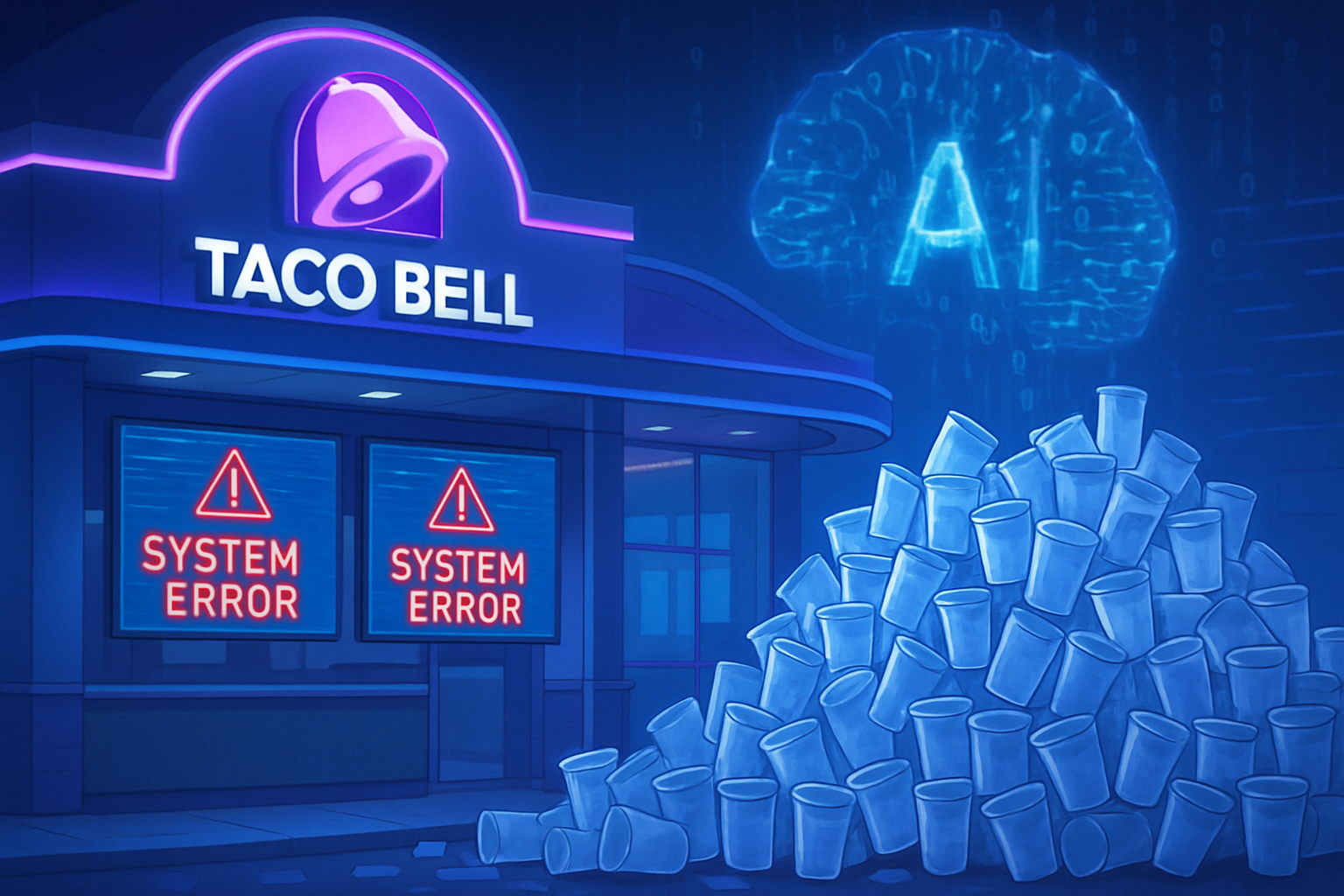Meta announces a colossal investment. The company plans to inject hundreds of billions of dollars into the development of its artificial intelligence infrastructure. This ambitious project aims to create revolutionary computer systems capable of competing with the current standards in the industry.
*Meta’s approach reflects a strong desire to achieve “superintelligence”.* The emphasis on superior cognitive abilities embodies a new era of technological innovation. The challenge is enormous, especially in the face of competition from giants like OpenAI and Google.
*This development could profoundly transform the digital landscape.* Given the increasing energy demands of up to several gigawatts, the quest for excellence in AI has now begun.
Massive investments for superintelligence
Mark Zuckerberg, the CEO of Meta, recently announced an ambitious project: to invest hundreds of billions of dollars in artificial intelligence (AI) infrastructure. This plan is part of the company’s drive to develop systems capable of achieving superintelligence.
High-capacity computer networks
According to Zuckerberg’s statements, Meta is implementing the construction of computer networks with several gigawatts of power. These infrastructures will mainly be dedicated to the operation of generative AI models, which require exceptional computing power to process massive data.
Construction goals
The first network, named Prometheus, is expected to be operational by 2026. A second project, Hyperion, aims to achieve a capacity of 5 gigawatts over the years. By comparison, this power could annually supply between 1 to 4 million American households.
Catching up with the competition
Meta faces significant delays in the field of generative AI. Its main competitors, such as OpenAI with ChatGPT and Google, currently dominate the market. Forecasts indicate that all companies are aiming to develop a general AI that can surpass human cognitive abilities.
Strategic acquisitions and talent
Recently, Meta invested over 14 billion dollars to acquire 49% of Scale AI. This company specializes in preparing essential data for training AI models. Simultaneously, several talents from OpenAI have been recruited with substantial bonuses, further asserting Meta’s ambition to gather the best team in the industry.
Formation of an elite team
Zuckerberg has stated his intention to create a talent-dense team equipped with unparalleled computing power in the AI sector. This partnership ensures that the company has the financial resources necessary to achieve this goal.
Performance of current AI models
Despite the grand ambition, Meta’s latest model, Llama 4, was met with disappointment. It ranks behind its direct competitors in assessing code writing abilities. Even its predecessor, Llama 3, remains superior in text interface.
Challenges for the future
Competition in the artificial intelligence sector is intensifying day by day, forcing Meta to double its efforts to carve out a place in this market. The ultimate goal of building a superintelligence seems ambitious, but it remains to be seen whether these investments will bear fruit in the near future.
Frequently asked questions
Why is Meta investing hundreds of billions of dollars in artificial intelligence?
Meta seeks to build a “superintelligence” capable of competing with the best AI technologies in the industry, aiming to create models that can surpass human cognitive abilities.
What type of infrastructure does Meta plan to develop with these investments?
Meta plans to build computing networks of several gigawatts, specifically designed to train and host generative AI models, requiring significant computing power.
What is the long-term goal of Meta’s investments in AI?
The goal is to achieve a so-called “general” or “superintelligence” AI, which would be capable of making scientific discoveries and inventing new technologies by itself.
What will be the environmental impact of creating several gigawatts of computing networks?
The creation of such networks will require a large amount of energy, raising concerns about environmental impact. Meta will need to find ways to make this energy consumption sustainable.
When will Meta’s new computing networks be operational?
The first computing network, named Prometheus, is expected to be operational in 2026, while a second, Hyperion, will be developed to reach full capacity over the years.
How does Meta plan to compete with OpenAI and Google in the field of AI?
Meta aims to build a talented team and acquire key companies to strengthen its expertise in AI while investing heavily in suitable infrastructures.
What advantages does Meta hope to gain from these new investments in artificial intelligence?
These investments will enable Meta to develop cutting-edge AI technologies, improve its services, and increase its influence in the technology sector.
What will the scale of employment be in Meta’s AI infrastructures?
The creation of these infrastructures is also expected to lead to numerous recruitments, as Meta seeks to attract the best talents in the industry to form an elite team dedicated to AI.






